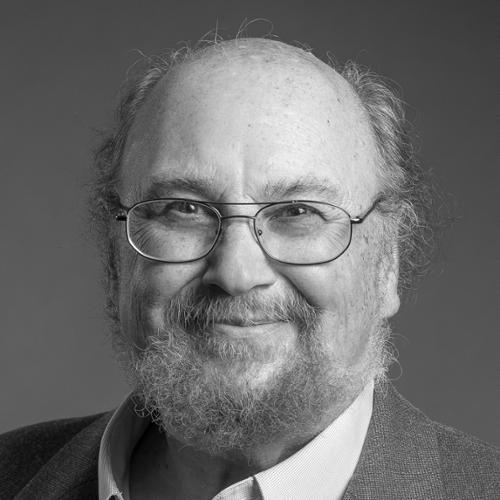Mayor Michael Bloomberg of New York is being justly criticized for his rather silly idea of banning sales of sugar drinks in sizes larger than 16 ounces in various public venues. Most of the critics focus on the paternalism (updated to be now called nannyism) of this ban. However, aside from being paternalistic, it is also useless. As Jon Klick and Eric Helland have shown, there is no scientific basis for thinking that limiting consumption of sugared drinks will have any effect on obesity.
But on another front Mayor Bloomberg is on the right side. One of the less pleasant aspects of New York is the difficulty of getting a cab — especially during the evening rush hour. Cab drivers all change shifts at about 5 PM, so when demand is greatest there are no cabs. They are all in Queens changing drivers. This is because of the inefficient pricing structure imposed on cabs. But in addition the number of cabs (medallions) is severely limited. There are 13,237 licensed cabs in New York. In the 1930s, before the medallion system was created, there were as many as 30,000. If there were more cabs, the problem of access would be at least be alleviated.
Enter Mayor Bloomberg’s plan to increase the number of cabs in two ways. One prong is to authorize “livery ” cabs to answer street hails in boroughs other than Manhattan. The second prong is to create 2000 new yellow cab medallions in Manhattan. Unfortunately, as a result of a suit brought by the taxi industry, a Supreme Court judge has just stopped this plan. The city may appeal, in part because it was depending on the revenue from the sale of the new licenses.
Why is the Mayor taking a strong pro-market position with respect to taxis but an anti market position with respect to soft drinks (and other aspects of food, such as salt content)? Mayor Bloomberg is a very smart man, but he seems to lack a coherent theory of markets. As a result, his actions sometimes facilitate the functioning of markets and sometimes hinder them, depending on his intuition about what will improve consumer welfare. It would be better if he were always right, but being half right is better than some politicians.




